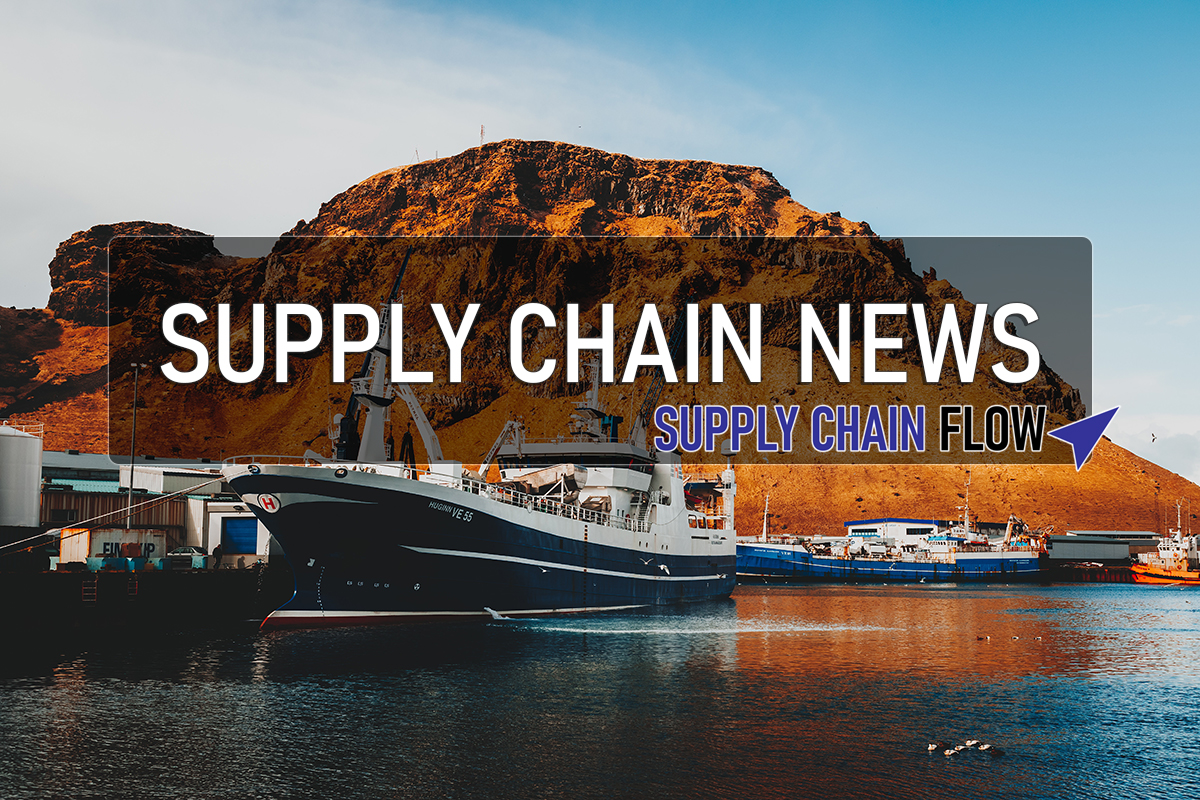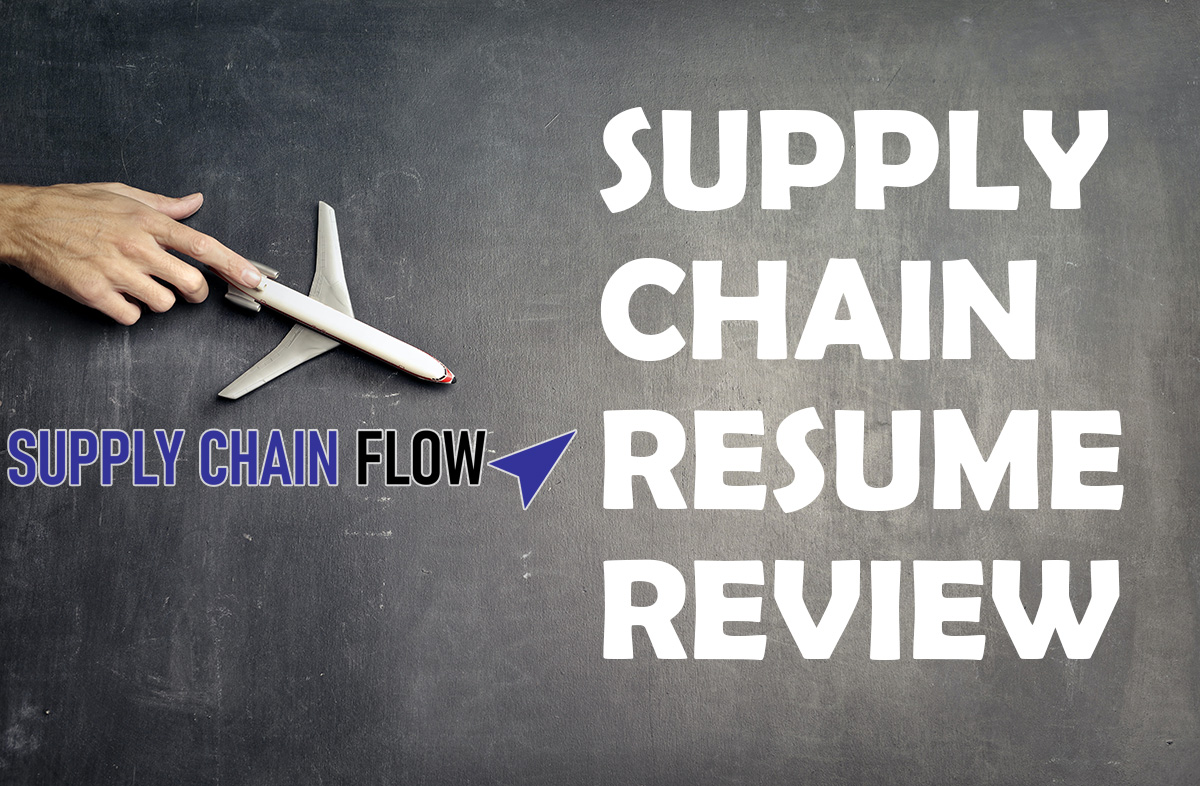What is Supply Chain Management?
McKenzie L.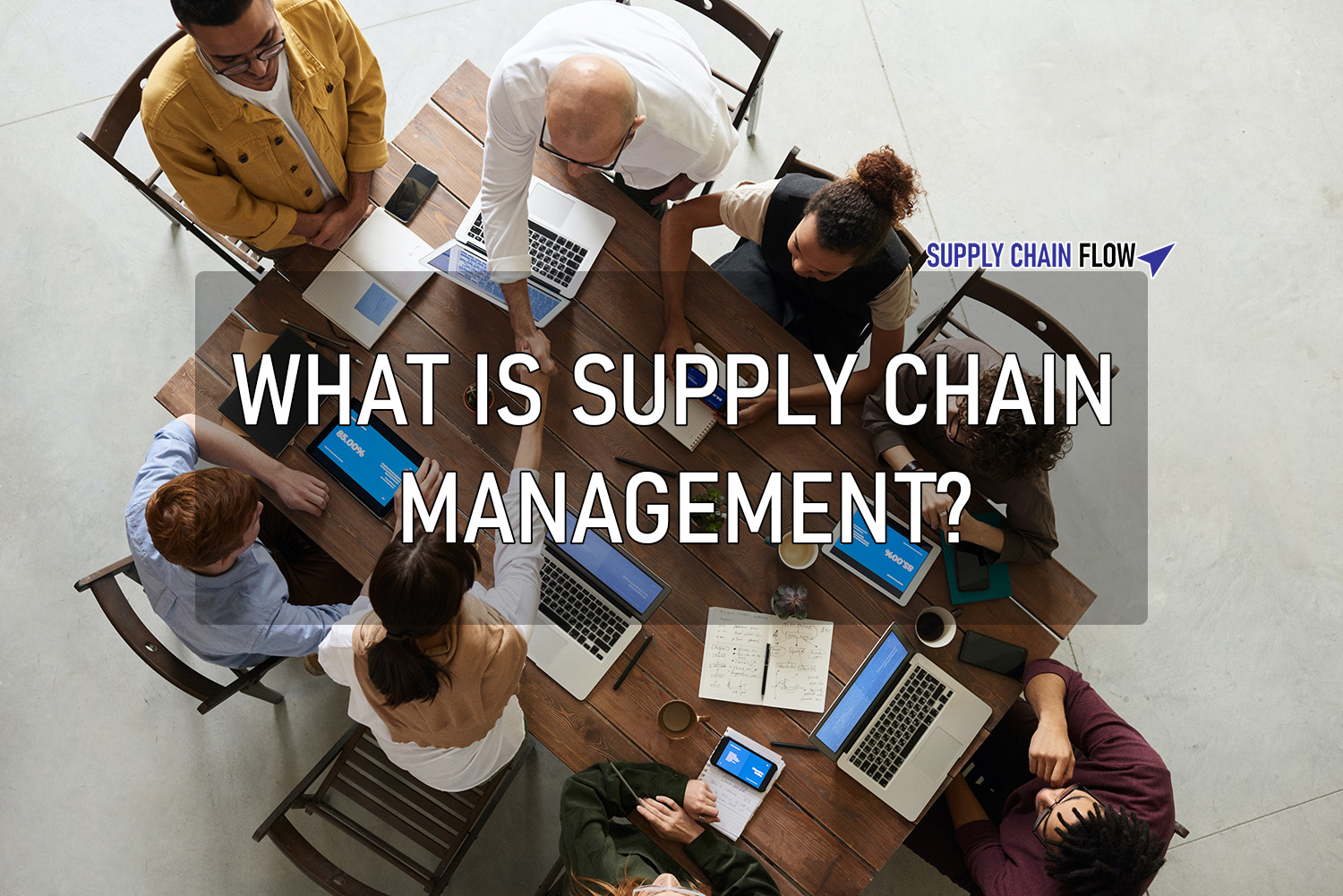
What is Supply Chain Management?
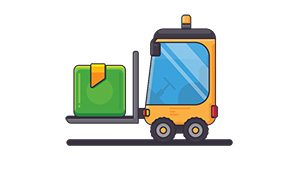
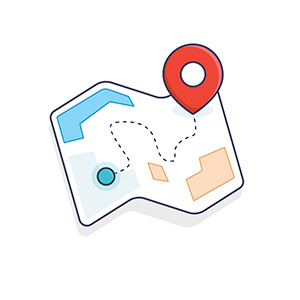
- Procuring materials for manufacture
- Transporting raw materials
- Manufacturing the goods
- Packaging and transporting the finished product
- Delivering and distributing the final product to end customers or retailers
- Financial accounting for all of the above
- Managing returned goods or recycling used goods
What is the Textbook Definition for Supply Chain Management?
The supply chain management (SCM) profession has continued to change and evolve to fit the needs of the growing global supply chain. [..] CSCMP and the board of directors, comprised of industry experts, created official definitions for the following terms.
CSCMP’s Definition of Supply Chain Management
Supply chain management encompasses the planning and management of all activities involved in sourcing and procurement, conversion, and all logistics management activities. [...] It also includes coordination and collaboration with channel partners, which can be suppliers, intermediaries, third party service providers, and customers. In essence, supply chain management integrates supply and demand management within and across companies.
What is the Reverse Supply Chain?
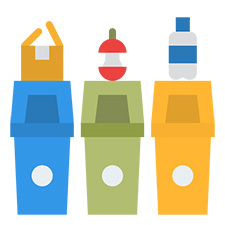
What Jobs are Included in Supply Chain Management?
As you can imagine, there are tons of jobs included in Supply Chain management. Just some are below:
- Buyers - Those who arrange the purchasing of supplies
- Sourcing and Procurement - Those who manage the suppliers themselves and contracts with them
- Warehouse Managers - Managing the warehouses and workers
- Inventory Managers - Those who monitor inventory in the plant or warehouse and let buyers know when stocks are low
- Transportation - Managing shipments by truck, air, or ocean
- Distribution - Managing the overall inventory sent to specific locations
- Customs Brokers - Responsible for making sure shipments clear customs at either the first country or destination country
Along with the above, there are salesmen, accountants, and a slew of ancillary jobs that you'd see with any company. So, as you can imagine, Supply Chain encompasses a ton of different roles.
What Salary Can I Expect in Supply Chain?
I always recommend ASCM's salary survey here. Starting salaries for Supply Chain across the board are around 60k USD/year. After 10 years, average salaries rise to 90k or more.
I have seen salaries below this however; If you handle significant Supply Chain or logistics functions within your role, and you're being paid below what ASCM has lined up for their salary survey, I would take a hard look at other job postings.
What is the Day to Day like in a Supply Chain Management job?
Day to Day, Supply Chain Management encompasses many different things - transportation, managing suppliers, managing inventory levels at a warehouse, international shipping, etc. A lot of the analytics positions are your typical office jobs, lots of emails, lots of meetings, lots of phone calls in some jobs - communication is a key aspect of the industry.
I started out as a Supply Chain Analyst which was mostly data entry on 2nd shift, so the office was basically empty for most of my shift. I could listen to music while doing it. I've moved up quite a bit in just 5 years, and now I'm a Supply Chain Engineer working in automation and business analytics. It's my absolute dream job - full work from home, learning tons of technical programs and working with new customers, projects, and industries every month. My favorite thing about supply chain is there's something new every day. In Supply Chain, there's always a new challenge to overcome.
Analysts typically do data entry and work within Excel spreadsheets, logistics planners tend to be answering lots of emails and calling carriers to check where freight is. Anything in Transportation will be similar with daily communication typically required, more depending on how much freight you're handling. Buyers and procurement tend to have longer projects with plenty of meetings, meeting regularly with current suppliers to host QBR's (Quarterly Business Reviews) and having startup meetings for new projects.
Of course, positions from company to company can be drastically different. If you're wondering what the day to day is like in an interview, that's a great question to ask the person interviewing you.
How is the Job Stability in SCM?

